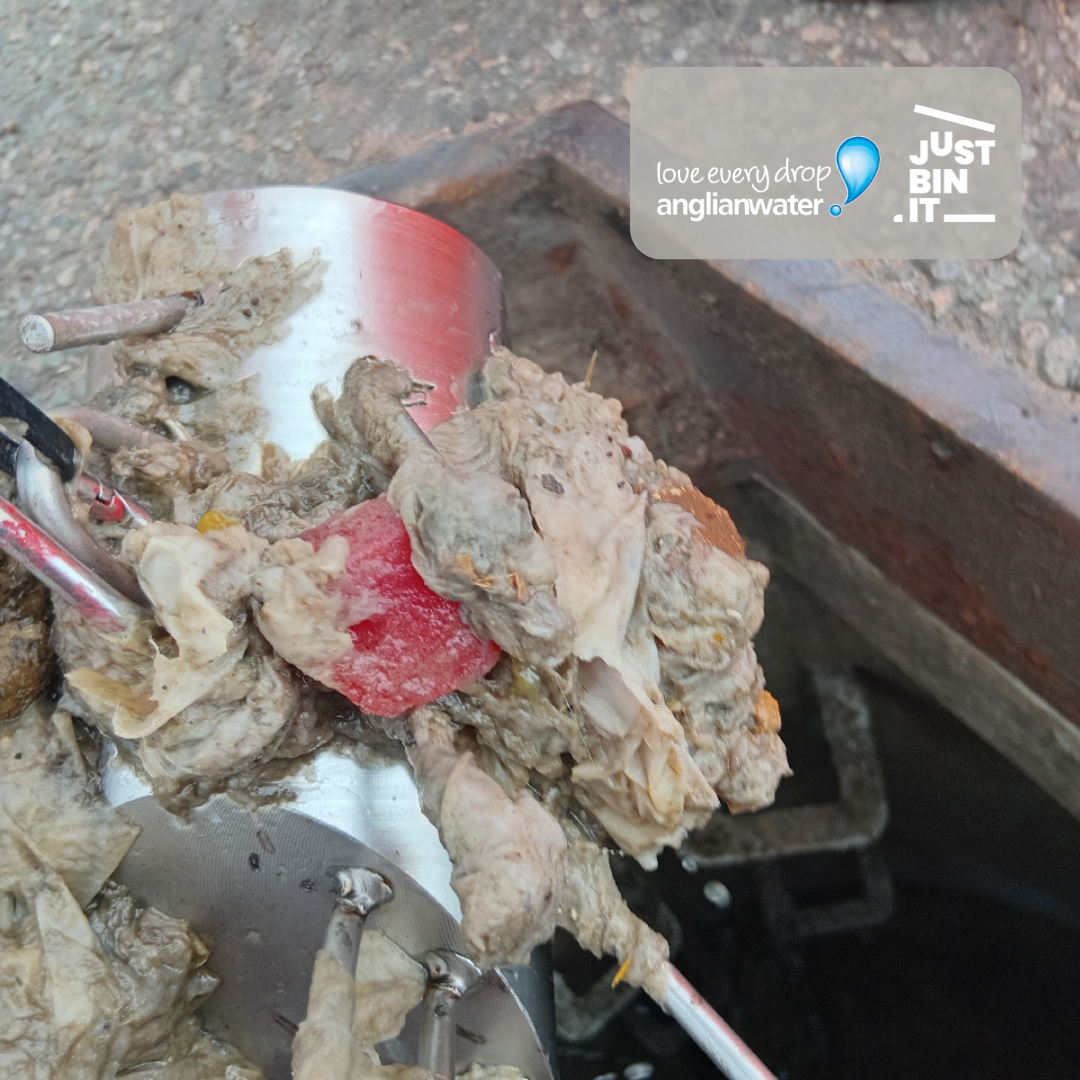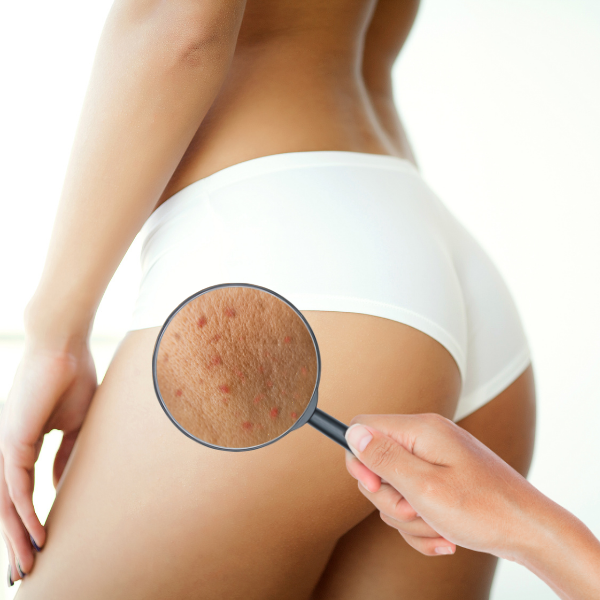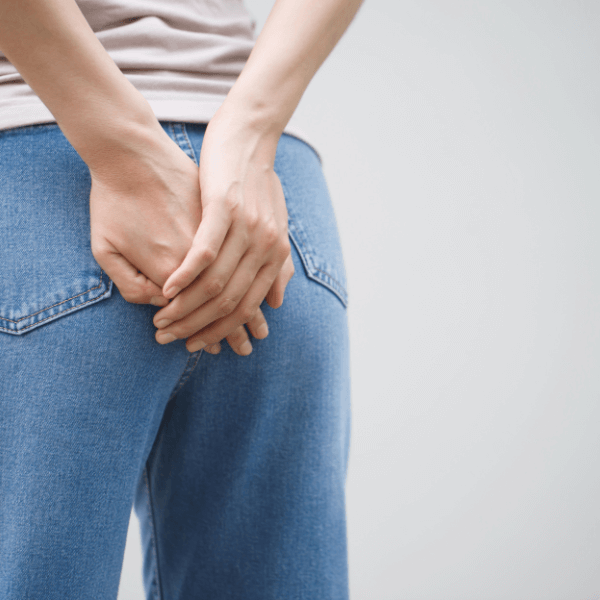Unblocktober 2025: Wype Partners with Anglian Water

Unblocktober 2025: Wype Partners with Anglian Water
In April 2024, the UK Government announced a ban on wet wipes containing plastic, and this huge step in the right direction sent wet wipe manufacturers scrambling for alternatives. Enter the ‘flushable’ wipe, the untrustworthy friend of the bathroom world that causes chaos in the sewers, while smiling innocently from the supermarket shelves.
Anglian Water note that a shocking half-a-million wet wipes are flushed in their region every day, contributing to 37,000 sewer blockages annually – now those are some spooky numbers. To put this into perspective, that's 2,800 tonnes of wipes, sanitary products and leftover cooking oils - the same weight as 14 blue whales – yikes!
The good part? 80% of these blockages are avoidable, all we have to do is #justbinit - or switch to a genuinely flushable alternative like Wype 😉
We’re proud to be partnering with Anglian Water on their ‘Just Bin It’ campaign, by presenting a 100% flushable alternative to wet wipes. Together, we’re encouraging households to protect the pipes and the environment one flush at a time.
The problem with ‘flushable’ wet wipes
With more and more ‘flushable’ toilet wipes on the shelves, it would make sense that the number of sewer blockages caused by wipes would decrease. However, the issue is still at large, and the shocking numbers of wipes Anglian Water find in the sewers are a testament to that.
Standards, tests and accreditations tell us that it’s okay to flush wet wipes down the toilet – but in reality, they don’t break down fast enough. That means they get caught in oils, fat and all other kinds of things that belong in the bin, blocking the sewers. This can lead to overflows and flooding in our homes and local waterways.
Wet wipe impacts in real-time
Believe it or not, buzzwords like ‘flushable’, ‘plant-based’ and ‘biodegradable’ the manufacturers use on the packets have done nothing in terms of sweetening the blow to the sewers. These stinky serviettes even changed the course of the Thames back in 2022.
You might have seen the clean-up job happening by Hammersmith Bridge on the news earlier this summer, with reporters even standing on the ‘wet wipe island’. Problem is, that's three entire years after the issue first came about. This just goes to show the scale of the issue these wipes can cause.
Anglian Water also share the horror stories of what’s been found in the pipes on their YouTube channel – see the full scale of the issue for yourself below.
But what about biodegradable wipes, they’re okay to use, right?
There are a few buzz words you might find on the packet of these naughty little ghosts that make them sound like a solution, rather than an extension of the original issue of plastic wet wipes. Let’s look into what they actually mean.
Biodegradable – When a wipe is biodegradable, it means it can be broken down in the natural environment (e.g when you throw it in the bin or compost it). So, they find themselves in a bit of a sticky situation when they're just suffocating in a big ball of fat as there’s no microbes to break them down.
Plant based – Plant based wipes are usually made from cotton, bamboo, or wood pulp. These materials do break down, just not fast enough to dodge the ultimate demise that is the fatberg.
Just because cotton is in the form of a wet wipe and soaked in liquid doesn’t actually make it any different to anything else that’s made from 100% cotton. We would never flush our socks, or a t-shirt down the loo. So why do we think any differently when it comes to the dirty doilies?
Flushable – Anything is flushable if you force it down the drain hard enough. Flushable just means it will make it round your u-bend but doesn’t guarantee that it won’t cause havoc in the sewers.
When we buy intimate care products, we should be able to trust the people we’re buying from. However, the deception of the term ‘flushable’ creates a disconnect, as we’re being told one thing by manufacturers whilst turning our heads and seeing the destruction of our pipes, rivers and oceans due to wet wipe pollution. And that’s what the government is trying to tackle.
Anglian Water’s Just Bin It Campaign
We should only be flushing the three Ps down the toilet. That’s poo, pee, and (toilet) paper – and Wype, of course! Everything else should be chucked in the bin.
For Unblocktober 2025, Anglian Water is shedding some light on the spookiest and scariest things they’ve pulled out of the sewers in their neighbourhoods – and yes – that could be your family’s neighbourhood too!
They’re also promoting their Just Bin It campaign, educating communities on the ramifications of flushing wipes, preventing sewer blockages, and the flooding of our neighbourhood’s homes and gardens too.
I love wet wipes! What shall I do?
A relationship with wet wipes is toxic at best, they’re single-use by nature and they’ll leave you without a second thought. Trust us, wet wipes are the ultra-processed foods of personal care.
Bin the wet wipes or ditch them for a sustainable alternative - Wet wipes should never be flushed down the loo, so if you need to use them, just pop them in the bin. Better yet, keep that clean feeling under your belt and switch to a sustainable alternative to wet wipes, one that’s genuinely flushable!
Keep updated - Keep your eye on regulation, and make sure your voice is heard when the time comes. When we challenge the issue from the top, we’re able to encourage institutional change around the way wet wipe manufacturers can spread their pipe- clogging poopy petticoats.
Sharing information – Many people are still unaware of the impact that wet wipes have on our environment. Sharing resources (like those from Anglian Water) and building a community of wet-wipe-wise people will help others make better decisions when it comes to what products they use, and what they flush down the loo.

